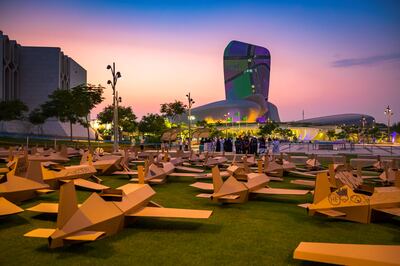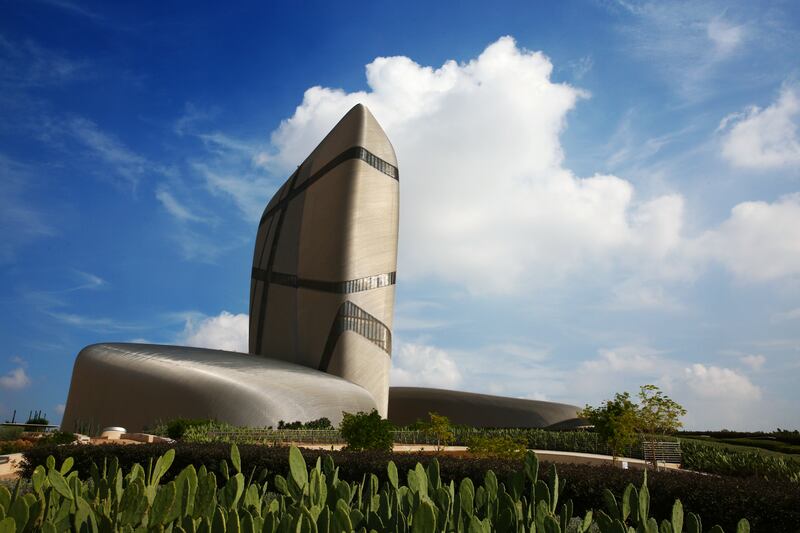Saudi Arabia's King Abdulaziz Centre for World Culture, also known as Ithra, has released a comprehensive study mapping the cultural and creative landscape in Saudi Arabia and the wider Mena region.
The study, comprising three reports, examines the evolution of the cultural industry within regional and global contexts.
It comes after a two-year research process involving surveys with 9,000 respondents from 10 Mena cities: Beirut, Cairo, Dammam, Dubai, Jeddah, Kuwait City, Manama, Muscat, Riyadh and Sharjah. The study also relies on interviews with global cultural and creative experts in policymaking, academia and art.
It sought to highlight the most pressing issues in the regional cultural and creative sector today.
Fatmah Alrashid, head of strategy and partnerships at Ithra, said the centre hopes for the research to be “a resource for policymakers as well as the public, challenging perceptions and inspiring dialogue on the state of an industry”.
She stressed the importance of activating cultural participation in the region by focusing on “making cultural participation available to all” in terms of quality and economy, providing the necessary platforms, and contributing to the implementation of initiatives that will make culture part of the public education programmes and curriculum.
Top-down v bottom-up approaches
The cultural scenes are evolving differently across the Mena region.
The Gulf states, the study found, are adopting a top-down approach to cultural development by investing public funds in new institutions, frameworks, infrastructure and spaces to enable the creative industry to thrive. In contrast, the Levant and North African Arab countries are pursuing a bottom-up approach, driven by grass roots organisations, private initiatives, a vibrant cultural scene and social diversity.
The two varied approaches, the study found, are both proving to be successful.
One commonality across the region is that cultural participation is uniformly on the rise, driven “by an enhanced cultural awareness and a motivation to learn”. The expansion of cultural offerings online is also a major contributor to the boost of cultural participation and awareness.
The research underlined several theme-specific trends, with history and heritage emerging as the most popular theme, followed by film and television.
Challenges and recommendations
Despite the overarching positive cultural participation across the region, the research points to accessibility as a key barrier to cultural engagement. Additional challenges hindering cultural engagement in some countries include limited public expenditure and support, economic and political instability, limited presence of culture in the mainstream education system, limited information and awareness, and a relative scarcity of family-oriented activities and facilities.

The study recommends several directions and policy measures to accelerate cultural participation, including supporting low-income groups, initiatives to promote life-long cultural learning and a cross-collaborative spirit between the region's cultural institutions.
The study also addresses the large impact the Covid-19 pandemic has had on the global cultural and creative industry, and the lasting effect of the pandemic on cultural consumption patterns, including the acceleration of the digitisation of cultural offerings.











